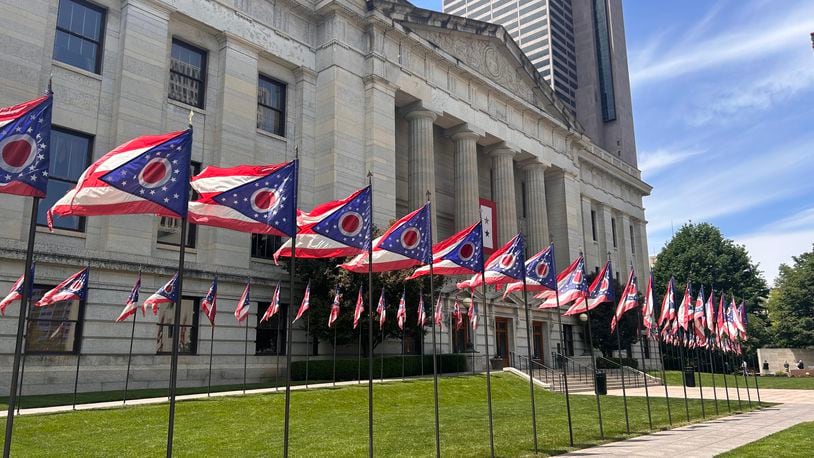By declaring a party, candidates will participate in primaries instead of being listed on a nonpartisan ballot, Loychik said in a press release.
“Partisan elections for school board members will allow voters to get a better idea of what the candidate’s platforms are,” Loychik said in a statement. “It is important that we give voters information that will allow them to make an informed decision, especially when they’re voting for those who decide our children’s educational opportunities.”
Loychik did not return multiple calls to his office requesting an interview.
If passed, the law would be a huge change for many school board members. Longtime school board members have already been worried about the increasing amount of politics in school board meetings, where people are now talking about book bans and Critical Race Theory instead of school finance and what standards to teach.
The Ohio School Boards Association says it opposes the idea, in part because it could limit candidates running.
“OSBA is opposed to any legislation that moves elections for local board of education members from the nonpartisan ballot to a partisan one or creates or provides any need for primary elections for local school board candidates,” said Kathy McFarland, chief executive officer for OSBA. “For one reason, doing so would limit the pool of candidates in local communities. For example, federal and state employees are prohibited from seeking partisan office.”
Dayton Public School Board member Jocelyn Rhynard criticized the bill during a Sept. 19 DPS board meeting. She said part of the beauty of school boards is having people with many different political stripes working together because they believe in public schools.
“We don’t agree on everything,” Rhynard said. “But what we do agree is that public education is important, and that keeping school districts and school boards not partisan — keeping that out of the partisan lane of elections is important.”
About the Author
